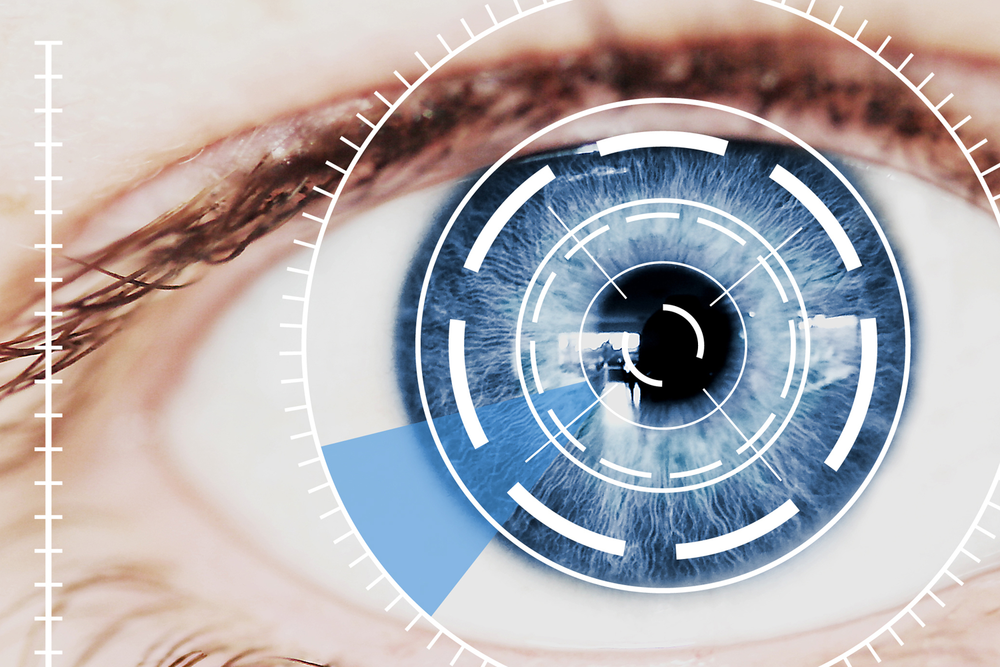Danger Associated With Staring at Phone and Tablet Screens

There are a number of risks associated with spending too much time staring at a tablet or smartphone. One of the most dangerous is the increased risk of causing permanent damage to the eye. Let’s take a look at what can happen as well as what you can do to preserve your vision as much as possible.
Blue Light Radiation

Phones and tablets emit what is called blue light radiation. This is a high-frequency part of the light spectrum that we can see. It is also close to the same energy that we detect from the sun that makes it visible. We all know that we shouldn’t look directly at the sun because it can fry our eyes, right? Well, researchers are now saying that similar damage can occur as we gaze at our phones and tablets for too much time on a daily basis as well.
Considering the fact that the average American stares at their device for about 7 hours a day, this is a big concern. From a survival and preparedness standpoint, our vision is an essential sense that we want to preserve and protect. Some of the ill-effects associated with blue light radiation include strain on the eye muscles and cornea, retinal detachment and the early formation of cataracts. These are just a few of many problems that are being uncovered as more and more people go to optometrists for the rapid onset of vision problems.
Prolonged exposure can require individuals to need to wear glasses and contacts, and even corrective lenses may not resolve problems. Some incidences of double vision, blurriness and headaches that are linked to over-exposure to blue light radiation may not be treatable at all.
Bright Screens, Dark Rooms

Another cause for concern stems from recent research that links staring at phone and tablet screens in the dark with a host of devastating eye problems. The screens are designed to be bright and make them readable outside in the sun. However, most screens do not adjust to varying light conditions. Furthermore, even dim screens emit a certain type of energy that causes our eyes to respond in weird ways. The result is that we can suffer permanent vision problems simply by spending too much time looking at our devices in the dark.
This information comes on the heels of other studies that show how just having the screen on while we are sleeping can also cause problems. We don’t sleep as deeply, and our eyes can detect and respond to the light even with our eyelids closed. The recommendation to stop that problem is to turn off your phone or turn it upside down before you go to bed.
The biggest threat from staring at screens in the dark is that our night vision may become compromised. It already takes time for our eyes to adjust to low-light conditions under the best of circumstances. Anything that impairs our ability to see at night even more can put us at a disadvantage during a survival situation.
The lesson to take away from this is clear: Spend less time staring at your device, take frequent breaks to look at distant objects and avoid looking at the light from your screen at night. The more you can do to minimize exposure now will reduce the chances of developing permanent vision problems later.
